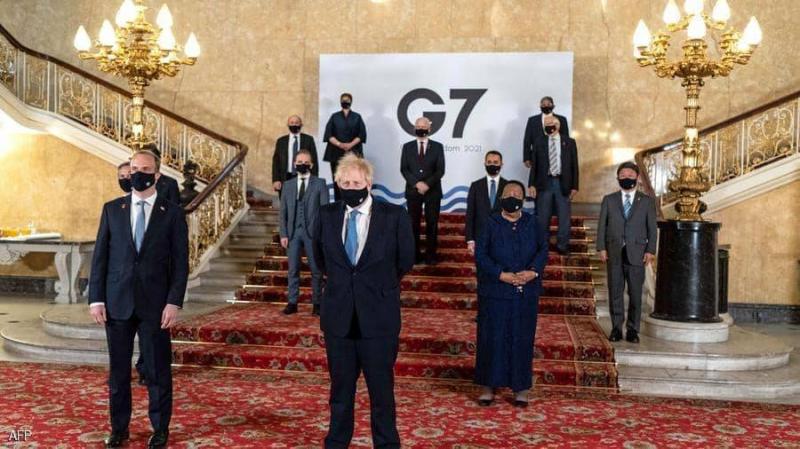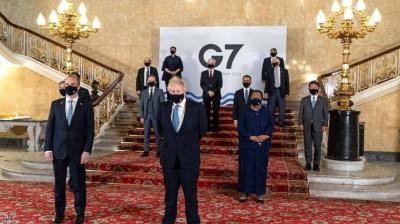On Wednesday, foreign ministers of the G7 countries, which represent the major economies of the world, committed to working with the industrial sector to expand the production of affordable COVID-19 vaccines. However, the foreign ministers stopped short of calling for a waiver on the intellectual property rights of pharmaceutical companies. In a joint statement after their meeting in London, they said, "We are committed to working with the industrial sector to facilitate the expansion of manufacturing affordable vaccines for the prevention of COVID-19, as well as treatments, diagnostics, and their components."
The ministers added that the work will include "enhancing partnerships between companies, encouraging voluntary licenses, and technology transfer agreements based on terms agreed upon by the parties." This comes at a time when the U.S. administration has expressed its support for a global waiver on vaccine patents, stating that it is participating in negotiations on the terms of this waiver within the World Trade Organization (WTO).
U.S. Trade Representative Katherine Tai stated in a statement that while the intellectual property rights of companies are important, Washington "supports waiving that protection for COVID-19 vaccines." She added, "This is a global health crisis, and the extraordinary circumstances of the COVID-19 pandemic call for extraordinary measures." The official noted that her country is actively participating in ongoing negotiations within the WTO regarding the lifting of those patents.
It is worth mentioning that India and South Africa, in particular, are advocating for a temporary suspension of vaccine patents to accelerate production, but some countries, including France, oppose this, instead calling for donations to support poorer nations. Generally, powerful pharmaceutical companies strongly oppose suspending their patents, arguing that it would hinder expensive research.




